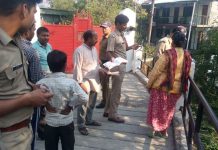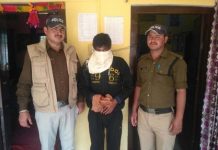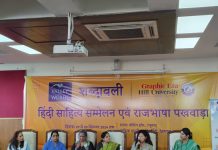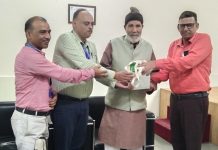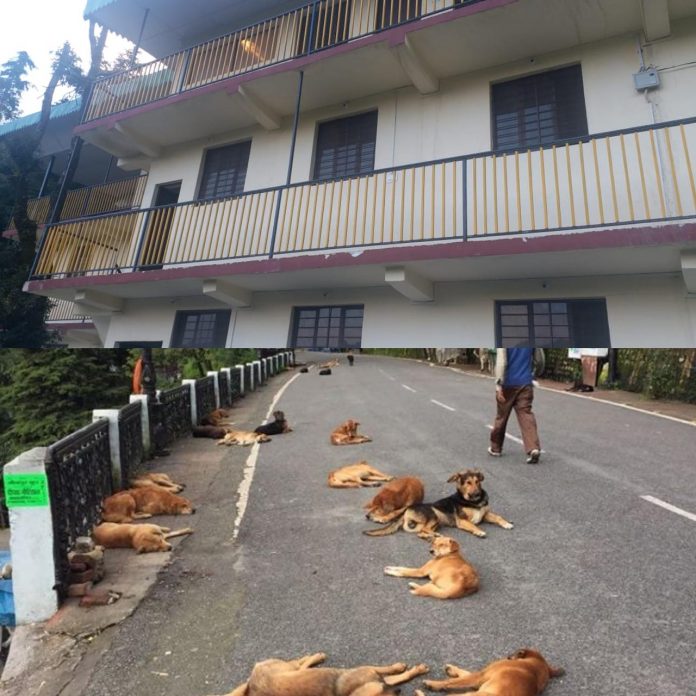Unkempt, Mangy, filthy, fractured bones, open wounds, scabies, until recently the streets of Mussoorie were over flowing with canines of all shape, size and age in dire need to be rescued from their pathetic condition.

While some died a miserable death, many were beaten, some poisoned, others wished away but the resilient ones made their own packs, looked after each other and owned their own designated mohalla, road or chowk. There were growing instances of the old and children being attacked.
“Survey carried out by Humane Society International-India (HSI) in 2016 there were close to a thousand canines roaming the streets of the hill-station. Two years later the number has gone up drastically. But the good news is that they have someone to take care off,” tells us Dr. Rajesh Pandey Program Manager,Uttarakhand ABC -ARV project; HSI-India Head of the ABCH Project Uttarakhand.
“Dr. A.Joshi, Joint Director Animal Welfare, tells us “the scheme, Animal Birth Control – Anti Rabies Vaccination Programme was brought together by three stake holders, Animal Welfare Board of India, under Ministry of Environment and Forest and Climate Change, GOI, Urban Development Department, State of Uttarakhand plus the Mussoorie Municipal Body. Human Society International was given charge as Expert Program Implementation Organization for this state-of-the-art Animal Birth Control Hospital built in the outskirts of the hill-station, on the Dhanolti by-pass road.”
Designed as per Animal Birth Control (Dogs) Rules, 2001 in compliance to orders from Uttarakhand High Court and Supreme Court of India. Humane Society International – India was selected through national bidding by UD Directorate and has been deployed for three Urban Local Bodies of Mussoorie, Nainital and Dehradun.
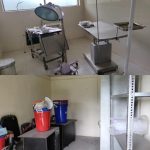
Two vets with a well-trained staff of eight to ten members will be stationed on call 24×7. Equipped with a kennel with 68 cells, an operating theatre, staff rooms, store-room and modern kitchen has taken the uphill task of taking proper care of Mussoorie’s feral.

Recently, eight strays were hand-picked without using nets or traps or dog van, brought to the hospital where they are, “first and foremost these dogs are sterilized be it male or female. In the four days that they are kept here, they are given anti-rabies shot, de-worm, multi-vitamins and skin care procedures carried out and their open wounds treated,” informs Dr. Pandey.
A well-maintained online database, with a mobile app to monitor sterilized dogs with a basic collar tag to ensure that our four-legged friends are given the most scientific and humane treatment, is just the right way ahead.













